PsychNewsDaily Publishers
100 Summit Drive
Burlington, MA, 01803
Telephone: (320) 349-2484
PsychNewsDaily Publishers
100 Summit Drive
Burlington, MA, 01803
Telephone: (320) 349-2484
Kentucky offers numerous free mental health services, including crisis lines, community health centers, and support programs for individuals facing anxiety, depression, and other mental health challenges.
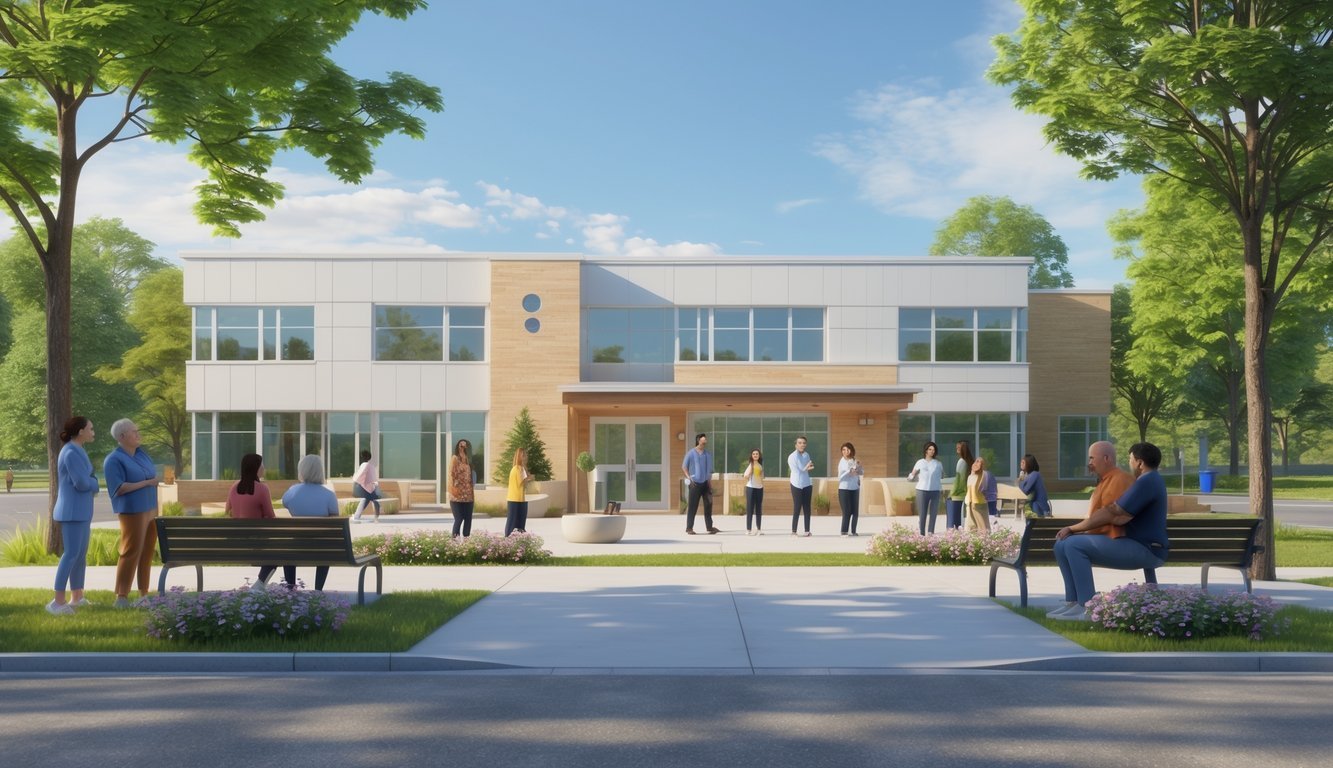
Getting mental health support shouldn’t empty your wallet. Kentucky has plenty of free services that help people get the care they need.
If you’re dealing with anxiety, depression, or something else, you’ll find programs across the state that provide professional support without charging you.
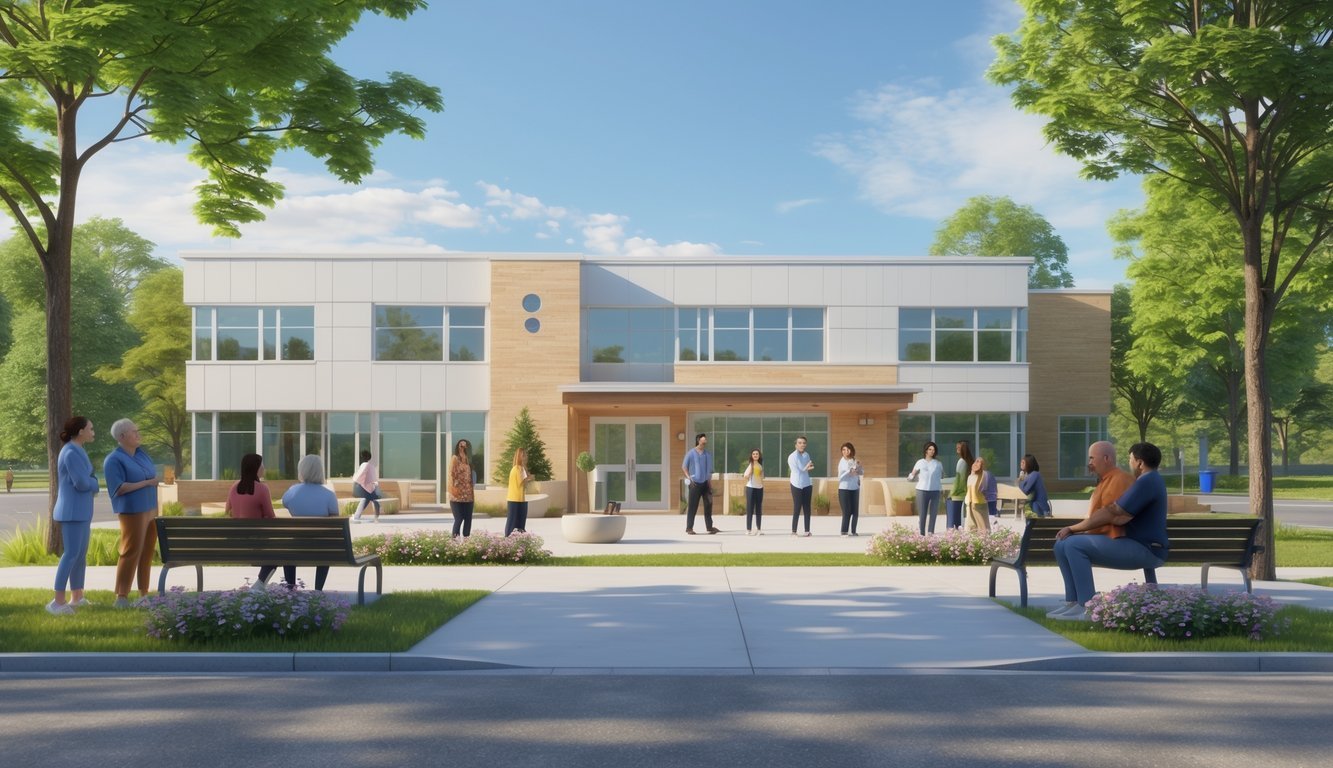
Kentucky residents can get free mental health services in a bunch of ways, like the 988 crisis line, university counseling centers, community health programs, and state-funded facilities. These options cover everything from quick crisis help to ongoing therapy and special treatment programs for different needs and ages.
Knowing what’s out there and how to get help can mean the difference between struggling alone and getting the professional support you deserve. Whether you live in a small town or a bigger city, Kentucky has built a network of mental health services that focus on keeping things affordable and easy to access.
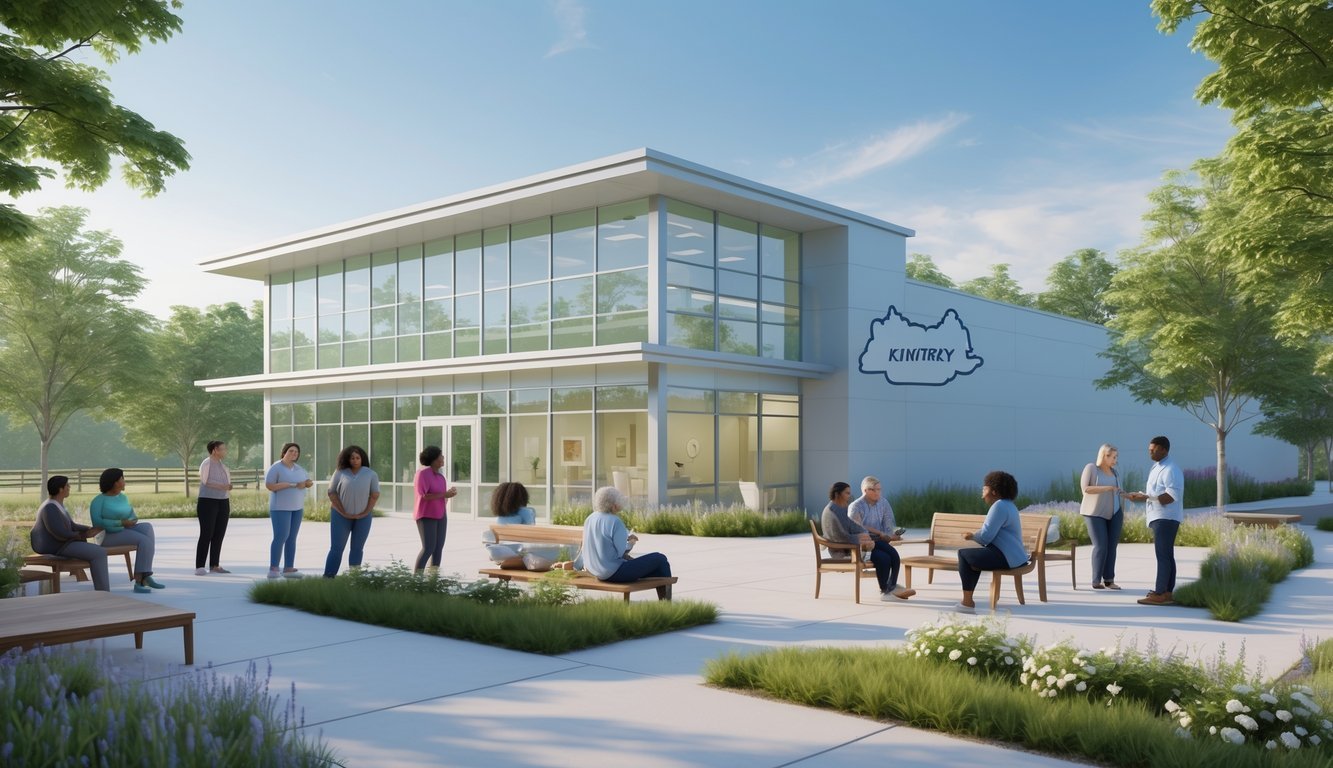
Kentucky has several types of free mental health services from community health centers, nonprofits, and government programs. You’ll find crisis help, counseling, support groups, and care for different ages.
Community mental health centers form the core of free mental health care in Kentucky. These centers offer counseling and therapy, plus crisis help, using a sliding fee scale based on your income.
Many centers can see you the same day if you’re in crisis. You can get individual therapy, group counseling, or family therapy. Most places also offer help for substance abuse along with mental health care.
These centers serve everyone, from kids to seniors. Lots of locations have programs for things like depression, anxiety, or bipolar disorder.
The staff usually includes licensed therapists, social workers, and psychiatrists. Some centers handle medication management too. In rural areas, you might even get help with transportation.
NAMI Kentucky is the state’s biggest mental health advocacy group. They run free support groups, educational classes, and crisis resources all over Kentucky.
NAMI sets up peer support groups in different towns. These groups let you meet others who are dealing with similar issues. Family groups help loved ones understand mental illness better.
The Kentucky Homeplace program has served rural communities since 1994. Community health workers connect people with mental health care and other resources.
Crisis text lines and hotlines run 24/7 across the state. Trained volunteers answer during mental health emergencies. A lot of these groups also have online resources and educational info.
Kentucky started its AOT Program in 2020 for people with serious mental illness who keep getting hospitalized or involved with the justice system.
Eastern State Hospital gives inpatient acute care for adults over 18 with severe mental illness. They serve 50 counties and focus on recovery in their treatment.
The Transitional Services Branch helps young people who were in out-of-home care at age 14 or older. They offer mental health support as these young people move toward adulthood.
County health departments often do basic mental health screenings and referrals. Some offer limited counseling, depending on their budget and staff.
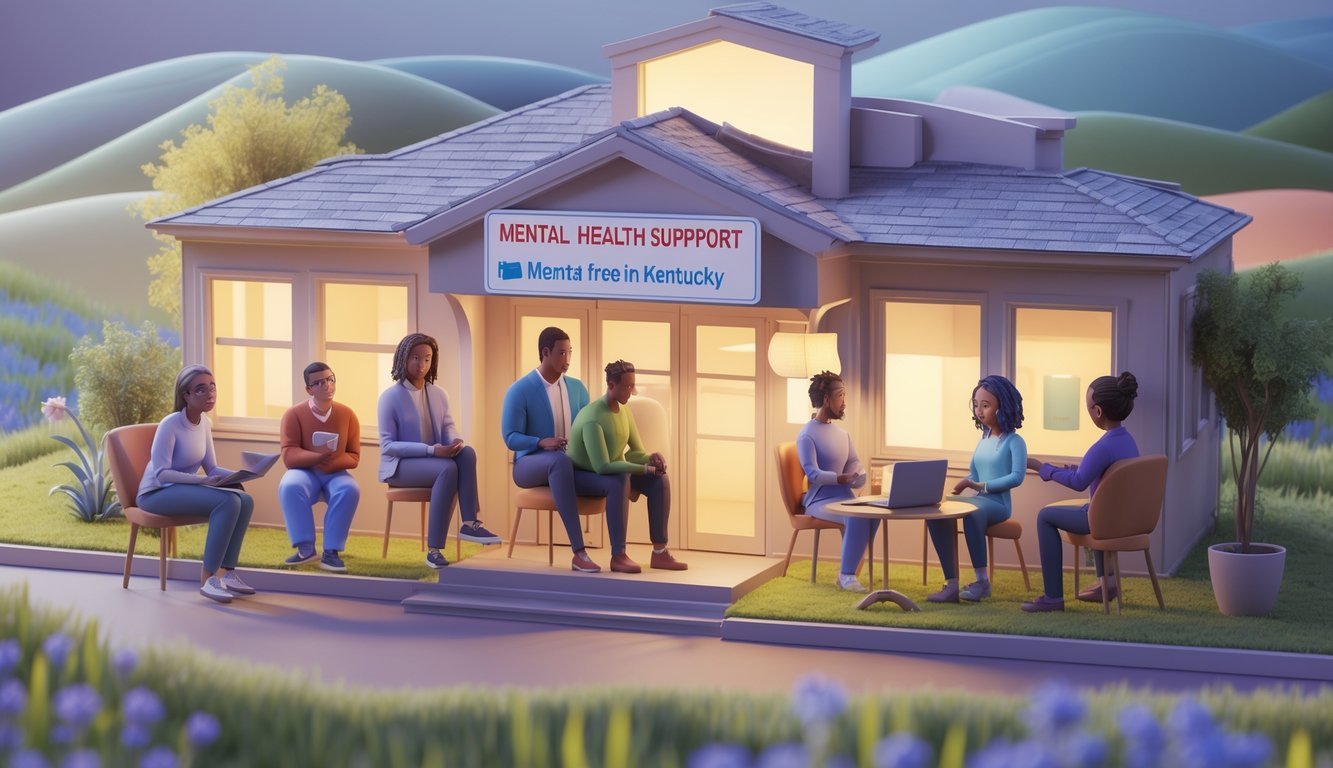
Kentucky gives people a mix of mental health services through state programs, community organizations, and healthcare systems. Options include one-on-one therapy, emergency crisis care, and peer support.
You can get individual or group therapy in several ways across Kentucky. UK HealthCare’s psychiatry department brings together psychiatrists, psychologists, and clinical social workers to help.
Many community mental health centers use sliding-scale fees based on your income. These centers usually offer therapy for depression, anxiety, and other common mental health problems.
University of Kentucky’s Counseling Center gives free services to students, including short-term therapy, groups, and workshops. Everything stays confidential, and the focus is on mental well-being and academic success.
Telehealth is an option for Kentucky residents. Mental health therapist telehealth appointments have to happen within the state because of licensing rules.
Some organizations run special programs for addiction treatment and dual diagnosis. These mix therapy with medical support when needed.
Case management helps you figure out the mental health system and find the right resources. Case managers work with you to make treatment plans and coordinate care.
Community mental health centers usually assign case managers to people with severe mental illness or those needing lots of services. Your case manager helps set up appointments, get benefits, and find housing or job support.
For young people leaving foster care, specialized transitional services offer case management. These programs help you know your rights and get to the resources you need.
Case managers often help with insurance paperwork, rides to appointments, and medication management. They act as your advocate inside the healthcare system.
When you call or text 988, you connect to the Suicide & Crisis Lifeline right away. It’s not just for suicide, but also for other mental health or substance use crises.
Crisis intervention services give local support and link you to mental health resources nearby. Trained counselors listen to your situation and suggest what to do next.
UK Good Samaritan Hospital has an acute care inpatient unit for adults in severe mental health crisis. Staff there provide 24-hour care and help stabilize people.
Kids and teens under 18 can get crisis care at the Pediatric Behavioral Health Unit at Kentucky Children’s Hospital. The team there understands the unique needs of young people.
Eastern State Hospital runs a recovery-focused inpatient program for people with severe and ongoing mental illness in a modern setting.
Peer services let you connect with others who’ve gone through similar mental health struggles. These programs use shared experience to give support and hope.
Support groups meet regularly and talk about things like depression, anxiety, or addiction. Most groups are free and you usually don’t need to sign up ahead of time.
Community mental health centers often host support groups for different conditions. You get emotional support and practical tips from people who understand your situation.
Online support groups and virtual meetings are more common now. They’re a good choice if you can’t get a ride or live far from a city.
Some peer programs train people with lived experience to become certified peer specialists. These specialists can give one-on-one support and mentoring.
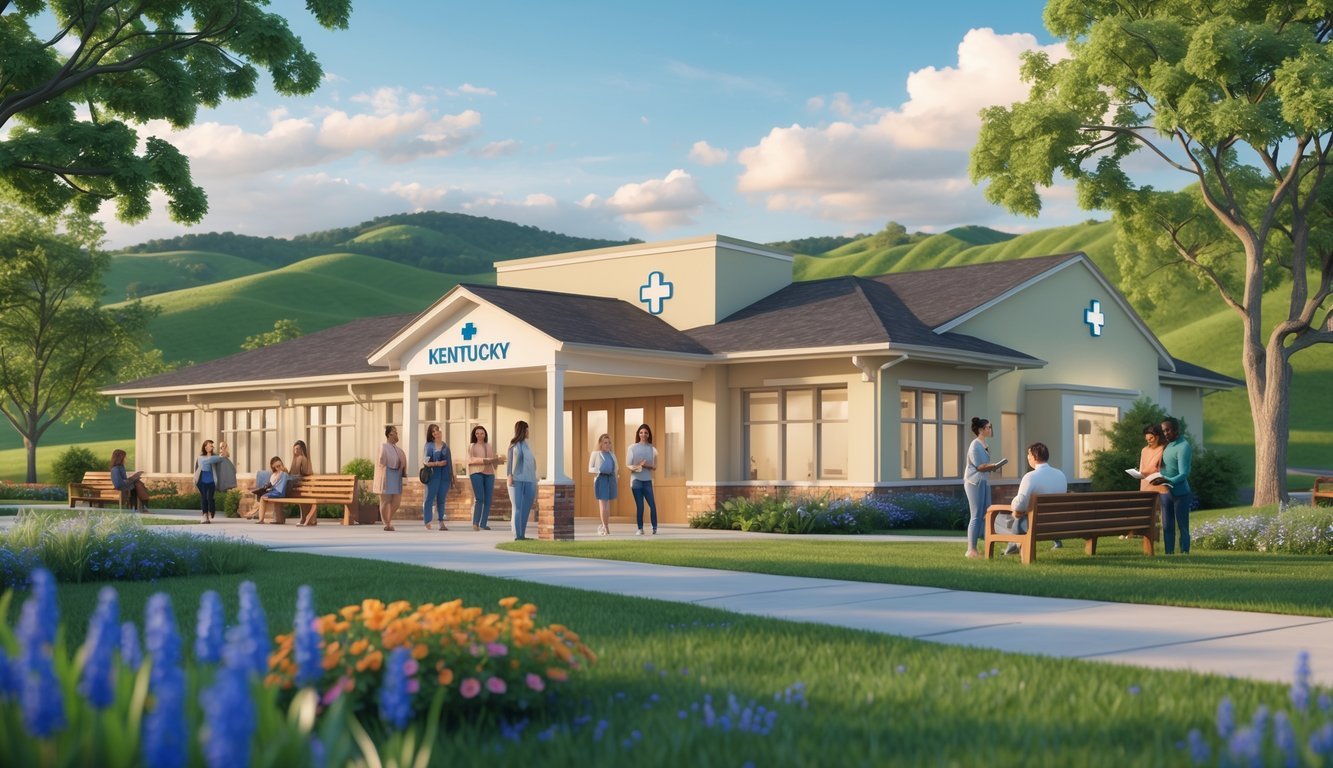
Kentucky lets you access free mental health care through state programs, community health centers, and federal initiatives. Who qualifies usually depends on income, insurance, and where you live.
Most free mental health services in Kentucky use income to decide if you qualify. You need to be a Kentucky resident for state-funded programs.
Income Requirements:
You’ll need to show proof of where you live. A Kentucky driver’s license, utility bill, or lease usually works.
How serious your mental illness is doesn’t usually matter for eligibility. Services cover a range of issues from anxiety and depression to more severe disorders.
Uninsured people often get priority for free services. If you have insurance but can’t afford copays, you might still qualify.
The Kentucky Health Benefit Exchange provider directory lets you search by zip code and specialty. You can filter by language and payment type.
Community Health Centers:
Call 211 for help finding local mental health providers. This free service matches you with resources near you.
You can also contact your local health department for info about programs in your county. Many counties work with community groups to offer mental health services.
The 988 Suicide & Crisis Lifeline offers immediate support if you’re dealing with a mental health crisis. Local counselors pick up your call and help you get connected to ongoing services.
Telehealth Requirements:
A lot of community mental health centers now provide virtual appointments. They stick to the same eligibility rules as in-person visits.
If you’re in crisis, you can text HOME to 741741 and chat with a trained counselor any time, free of charge.
There are also online screening tools that flag symptoms of mental illness. These tools can point you to local resources if you need support for independent living.